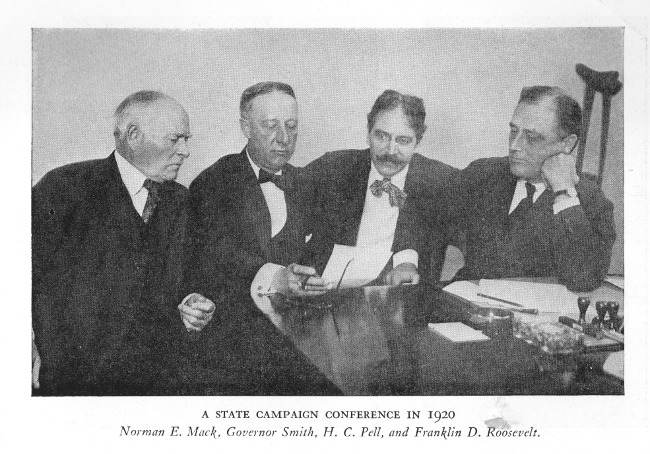On the face of it, a book about the formulation of a theory sounds like a rather dry topic, but Emma Townshend's book
Darwin's Dogs: How Darwin's Pets Helped Form a World-Changing Theory of Evolution is surprisingly entertaining as well as informative. She weaves his many disparate influences (some of which are, as you guessed, dogs) together with amusing anecdotes, and does a brilliant job of explaining how it all came together.
In the passage below, she explains how a book in the unrelated field of economics came to influence Charles Darwin in a profoundly different way. (As an aside, note how many times she points out that these are Thomas Malthus's ideas, not her own; she doesn't' want these horrible thoughts in
any way traced by to her!):
Darwin was no trendsetter when he began reading the Reverend Thomas Malthus's bestseller An Essay on the Principle of Population. On the contrary, Darwin was trailing well behind fashionable opinion, for the book had been published in 1798 and had gone through six editions, each selling more than the last. Malthus wrote the book while working as a rural curate in Surrey; yet it became one of the most influential texts in the history of political economy. Malthus, thought hard-minded Victorians, explained why Poor Relief didn't work, and why it would be better in the long run to let the Irish starve.
Malthus's book scrutinized wars, famines, price crashes and economic shortages which troubled mankind and coolly pointed out that whatever the variables, whatever the conditions, whatever the differences, two things would always be the same. When food supplies (which he called "the means of subsistence") increased, they could never increase faster than arithmetically: by a certain percentage a year. But human populations, said Malthus, increase exponentially. A couple produces five children, each of those children produce five children, each of those grandchildren produce five children and suddenly one married couple have a hundred and twenty-five descendants.
Thus, a human population can grow far quicker than the supply of food ever can. And as soon as populations are increasing faster than the food supply, said Malthus, checks will come into play. These 'checks' will include plagues, wars and most of all, starvation and famine. A new generation of children die; there is enough food to go round. For Malthus it was simply a question of mathematical patterns.
Darwin's insight whilst reading Malthus concentrated on those checks. For Darwin, the natural world was a place of incredible competition for food, for security, for a chance to reproduce. Darwin took Malthus's idea of many more individuals being born that would ever be able to survive, each competing against the other for the basic right to continue living. He considered his own experience of the natural world: the huge masses of frogspawn in spring ponds, the large litters of farm cats. This image of a seething mass of individuals stayed with Darwin.
Darwin's Dogs: How Darwin's Pets Helped Form a World-Changing Theory of Evolution is on sale at Daedalus Books for just $3.98 right now. If you're interested, don't delay- they specialize in overstocks, so when they're gone, they're gone. Here's the link:
DaedalusBooks.com






